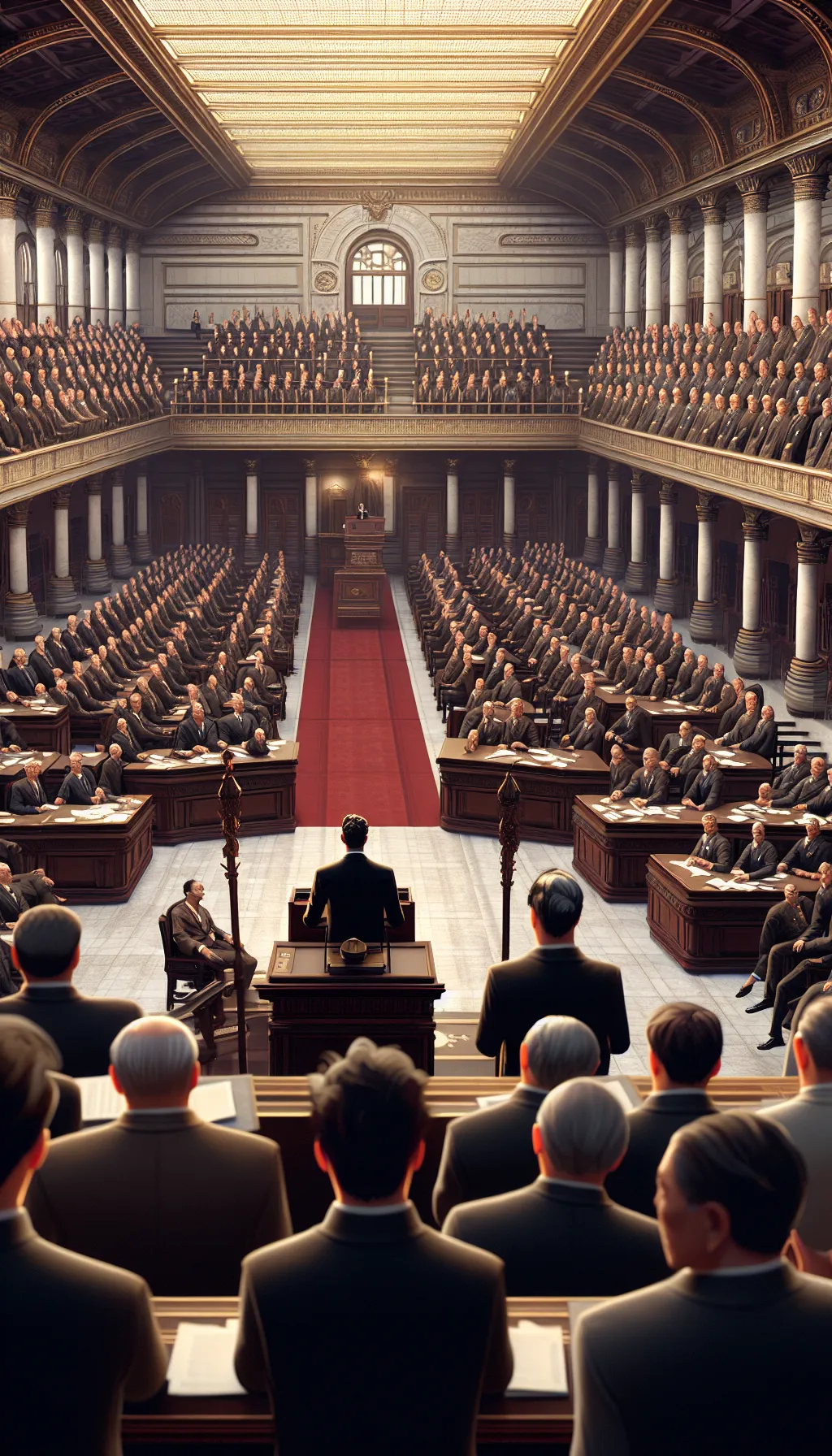Russia – The Dawn of a New Era: Russia's Sovereignty Declared - June 12, 1990
TLDR;
- Event: On June 12, 1990, the Russian Soviet Federative Socialist Republic declared its sovereignty, marking a pivotal moment in the dissolution of the Soviet Union.
- Significance: The declaration asserted Russia’s right to self-determination and the supremacy of its laws over those of the Soviet Union, signaling a move towards democracy.
- Impact: With a vote of 907 in favor, the declaration inspired other Soviet republics to seek independence, leading to the USSR’s eventual dissolution in December 1991.
- Legacy: This act paved the way for the establishment of the Russian Federation, reshaping the political landscape of the 20th century.
–
Story
In Moscow, within the Congress of People’s Deputies building, a murmur of anticipation filled the air. It was June 12, 1990, and the Congress of People’s Deputies of the Russian Soviet Federative Socialist Republic was about to make history. As the declaration was read aloud, a wave of realization swept over the assembly: the Soviet Union’s grip was loosening, and a new chapter for Russia was beginning.

The Soviet Union, a colossal entity that had dominated the Eastern Bloc for decades, was beginning to fracture. Economic struggles, political unrest, and a growing desire for autonomy among its republics were tearing at its seams. Amidst this backdrop, the Russian Soviet Federative Socialist Republic, the largest and most influential of the Soviet republics, took a bold step.
The Declaration of State Sovereignty was not just a political maneuver; it was a statement of intent. It asserted Russia’s right to self-determination, its supremacy of Russian laws over Soviet laws, and its commitment to establishing a democratic state. This declaration was a catalyst, accelerating separatist movements in other republics and marking a major step toward independence, though the USSR would not dissolve until December 1991.
The turning point came as the deputies voted 907 in favor, 13 against, and 9 abstentions, a near-unanimous decision in favor of the declaration. The message was clear: Russia was asserting its legal and political autonomy, a precursor to the full independence that would come with the establishment of the Russian Federation on December 25, 1991. This act of sovereignty was a beacon for other republics, inspiring them to seek their own independence.
As the echoes of the declaration faded, the world watched with bated breath. The Soviet Union’s days were numbered, and the Russian Federation was on the horizon, poised to emerge as a new power on the global stage.
–
| Would a different approach have changed the course of the Soviet Union’s dissolution? |